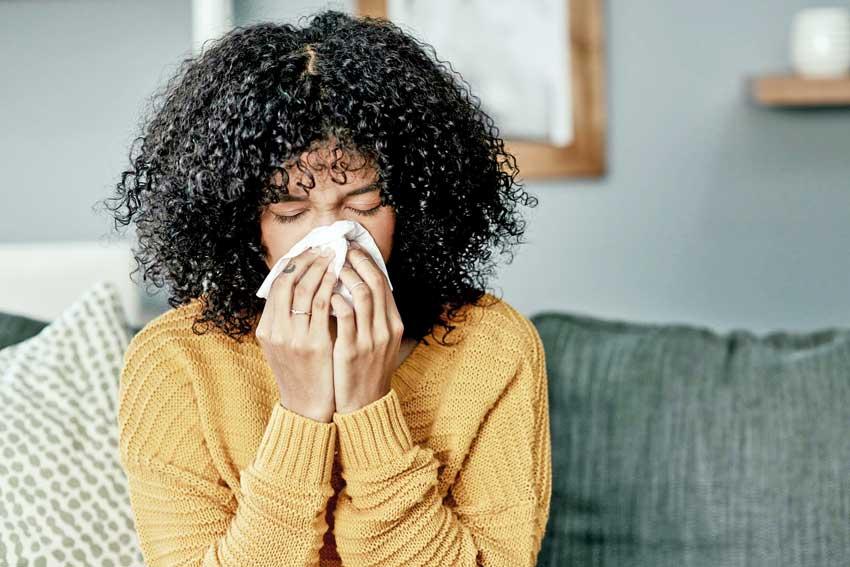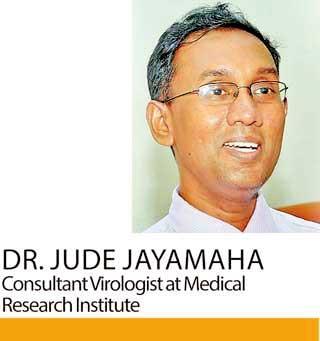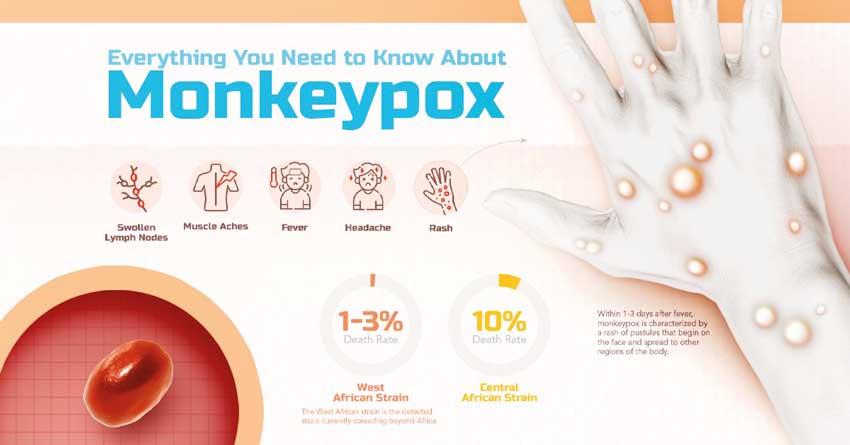Reply To:
Name - Reply Comment

 Seasonal influenza is back and many cases are now being reported from around the country. Medical experts advise the public to take caution and to seek medical attention if they have any symptoms including fever, cough or cold.
Seasonal influenza is back and many cases are now being reported from around the country. Medical experts advise the public to take caution and to seek medical attention if they have any symptoms including fever, cough or cold.
“Influenza is a self-limiting virus reported throughout the world including Sri Lanka,” said Dr. Jude Jayamaha, Consultant Virologist at the Medical Research Institute.“Due to less mobilization of people it was not detected in 2020 and lesser amounts were detected in 2021 as well. But since May we have been detecting more cases. The National Influenza Centre (NIC) conducts active surveillance and for that we obtain samples from across the country. Even though influenza wasn’t detected from January to April we have detected 21 cases since 1st May. For the entire four months we detected only about 9 cases. But that is not unusual in Sri Lanka because as per the research carried out by the NIC we have identified a seasonal pattern/ trend for influenza.”

He further explained that there are two peaks which is also called the bi-modal pattern.“As such two peaks are observed from May-June-July (one month early or later) and from December-January-February. This is not unusual but one should take caution. Influenza wasn’t circulating in 2021 and whatever the natural immunity isn’t there. Therefore the disease can spread rapidly and cause severe disease even though it’s self-limiting. In 75% of the cases influenza is symptomatic.”
Impact on pregnant women and children
Dr. Jayamaha further said that influenza was detected in six pregnant women. “All of them were cured but when a pregnant person is infected with influenza chances of having severe pneumonia is greater. There’s also a less than 1% chance of death. As such pregnant women are adviced to take treatments early if they have fever, cough or cold. This is the influenza season and it’s better to continue social distancing, wearing masks etc., in order to avoid transmission of disease.”
“In addition, children below two years of age have a higher chance of getting pneumonia. If they high fever, cough, cold or wheezing, they are advised to seek medical treatment,” he added.

Monkeypox : No great threat to Sri Lanka
Monkeypox is a virus endemic to Western and Central Africa and is transmitted from rodents and monkeys. “But now it’s being reported from non-endemic countries as well. Lately it has been detected in England and in around 18 countries that fall under the European Union in addition to Israel, North America and Australia. Around 180 cases have been detected and the WHO called for an emergency meeting on May 20 to intensify the response mechanism,” said Dr. Jayamaha
“Symptoms include fever, pustular rash on hands or legs, body aches and is similar to chickenpox. Around 1-3% of cases can have complications and die from pneumonia and secondary bacterial infections. Even though there were many cases reported in several countries there is no great threat to Sri Lanka. The Health Ministry’s Quarantine Unit is closely monitoring the situation and the Department of Virology is in the process of obtaining reagents for testing.”
“If suspected, a person’s travel history will be examined. The first case in the UK had travelled to Nigeria. Transmission occurs mainly through droplets or fluid secretions. This isn’t like HIV/gonorrhea but intimate contact could pose a risk. However, there’s no threat to Asian countries as at present. The WHO has a plan for emerging diseases also known as International Health Regulations. They have a laid down plan that a majority of countries have followed,” he added.
When asked about a cure, Dr. Jayamaha said that there’s no specific vaccine for Monkeypox. “The smallpox vaccine has an 85% cure but this is not given since 1980 since it has been eradicated. But a few shots are available. However there is no imminent threat from Monkeypox. If someone has symptoms mentioned earlier, they should report to a medical officer.”